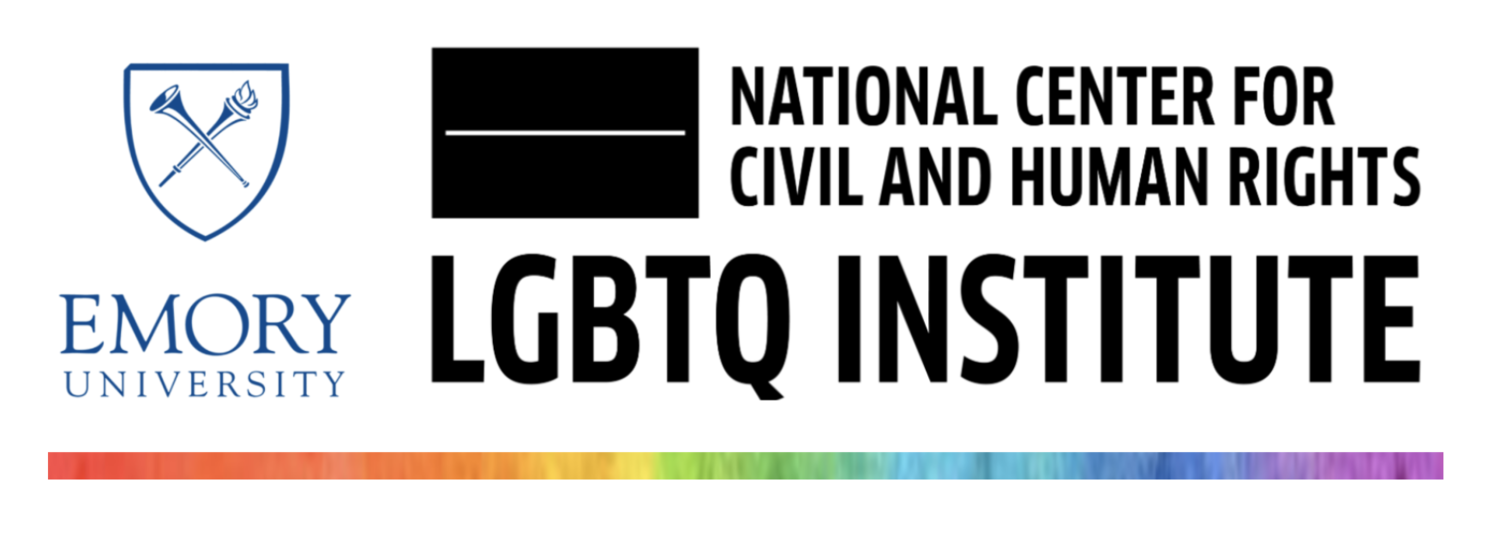Business & Employment Research Brief
Why the Workplace?
There are only a few spaces that shape social life as significantly as the workplace. Jobs can offer financial security, a sense of identity, and purpose. Additionally, labor conditions can contribute to, or detract from, our health and well-being, highlighting how important the workplace is. In the past decade, there has been a significant shift in social and legal support for lesbian, gay, bisexual, transgender, and queer (LGBTQ) individuals. However, according to the Human Rights Campaign (HRC)*, approximately 46% of LGBT workers are still closeted at work for fear of being stereotyped, losing connections and opportunities, or possibly making people feel uncomfortable.
The consequences of an unwelcoming LGBTQ work environment is costly to employers regarding employee retention and turnover. It is well known that it is impossible for businesses to be successful without happy and motivated employees. One in ten LGBT workers has left a job because the work environment was not very accepting. The most cited reason for employees not reporting negative comments they heard about LGBT people to supervisors is that those employees “don’t think anything will be done about it and they don’t want to hurt their relationship with their coworkers.”** There remain many opportunities to create LGBT-friendly workplace climates to the benefit of both employees and employers.
Increasingly, companies are adopting “diversity and inclusion” initiatives to improve workplace climates. “Diversity” emphasizes recruiting talent from a range of backgrounds. However, “inclusion” implies that talent pool is supported and valued in the workplace. Existing research shows that when businesses implement LGBT-supportive policies and create LGBT-positive workplace environments, there is a direct correlation to greater job commitment, better workplace relationships, increased job satisfaction, and improved health outcomes for LGBT employees.*** These strategies are also linked to fewer acts of discrimination against LGBT employees and increased employee openness about being LGBT – which in turn contributes to greater job commitment, satisfaction, and health outcomes.
*Human Rights Campaign. (2018). A Workplace Divided: Understanding the Climate for LGBTQ Workers Nationwide. Washington, D.C.
** I.b.i.d
***Badgett, M. V., Durso, L. E., Mallory, C., & Kastanis, A. (2013). The Business Impact of LGBT-Supportive Workplace Policies. The Williams Institute.
Selected Key Findings
Key findings from responses provided by 6,502 LGBTQ adults who completed the LGBTQ Institute Southern Survey living in Alabama, Arkansas, Florida, Georgia, Kentucky, Louisiana, Mississippi, North Carolina, Oklahoma, South Carolina, Tennessee, Texas, Virginia, or West Virginia. Overall study design and methodology is available in the full study protocol (update this to link to methodology report). Note: during the survey period LGBT was used; our key findings reflect this. Download all the Key Findings by clicking here.
Suggested Citation: Eric R. Wright, Renee Shelby, Ryan M. Roemerman, Joshua Simpkins, Michael Jo Saint, Ana LaBoy, Courtni Andrews, and Madison Higbee. 2018. Southern Survey Research Brief: Business and Employment Conditions of LGBTQ Southerners. Atlanta, GA: The LGBTQ Institute at the National Center for Civil and Human Rights.
CORPORATE RESPONSE TO ANTI-LGBT LEGISLATION
When state governments are threatening to pass, or have already passed anti-LGBT legislation, LGBT Southerners want companies to:
To stop passage of anti-LGBT legislation:
40.4%
believe company leadership should meet with elected officials
23.2%
believe the company CEO or owner should speak out against proposed legislation
16.7%
believe the company should give money to organizations working to stop anti-LGBT legislation
LGBT Southerners know how to use their purchasing power. In the past year:
70.4% decided to buy a product/service from a company because it is supportive of LGBT rights
75.2% decided not to buy a product/service from a company because it is not supportive of LGBT rights
EMPLOYMENT CHARACTERISTICS
More than half of LGBT Southerners report their company doesn’t offer LGBT (cultural) competency training:
Most respondents report their companies have non-discrimination policies (56.7%) but transgender employees are less likely to feel they are upheld:
Most respondents say their company does not have an LGBT employee resource group (ERG)
53.9% report their company does not have an ERG
32.9% don’t know if their company has an ERG
13.2% report their company has an ERG
EXPERIENCES OF DISCRIMINATION
Discrimination in the Workplace:
Across the board, in the past year, transgender Southerners are routinely discriminated and harassed at much higher rates than their LGB peers (see table below):



